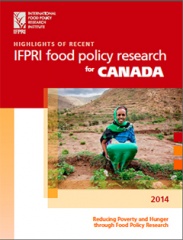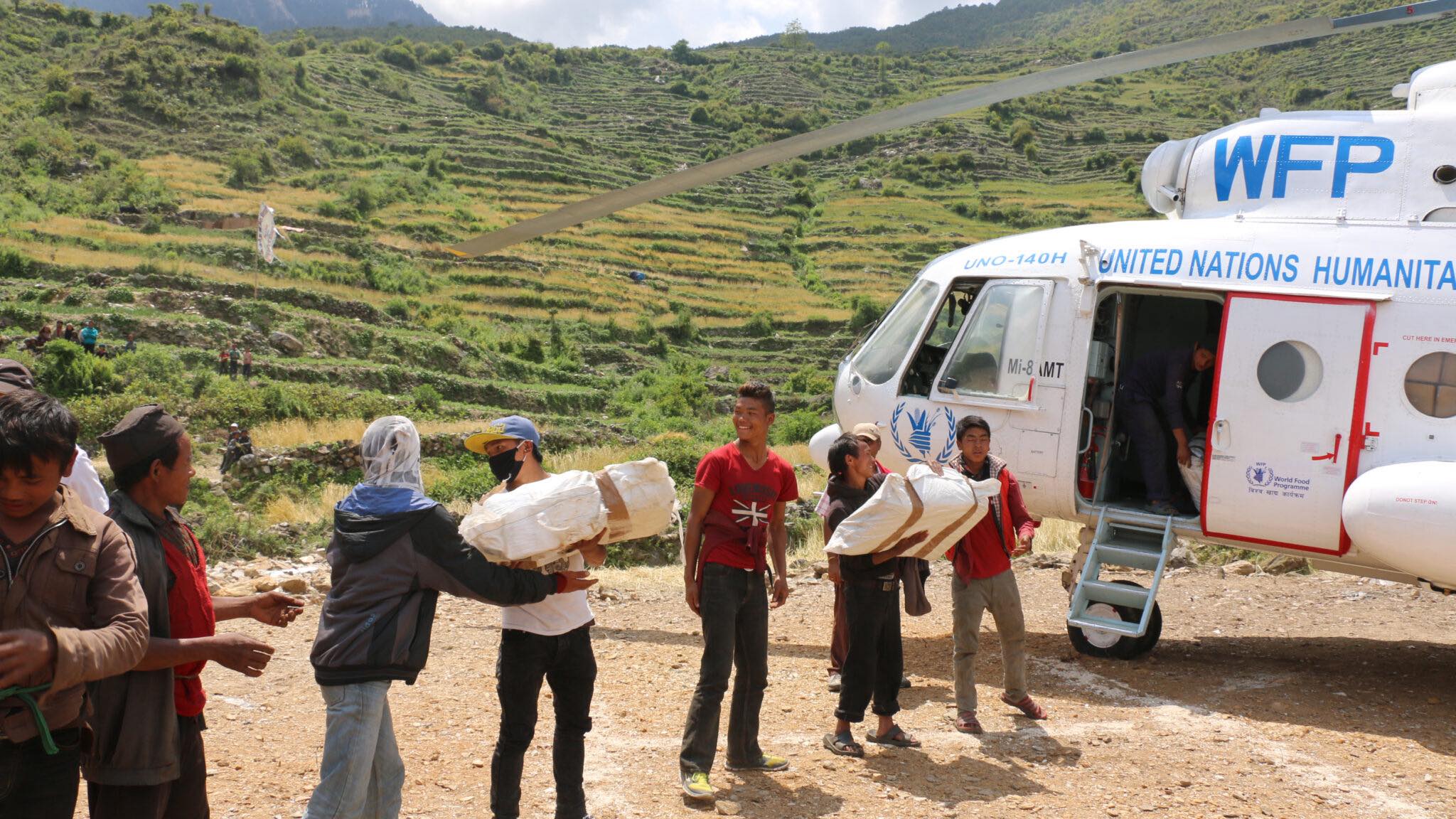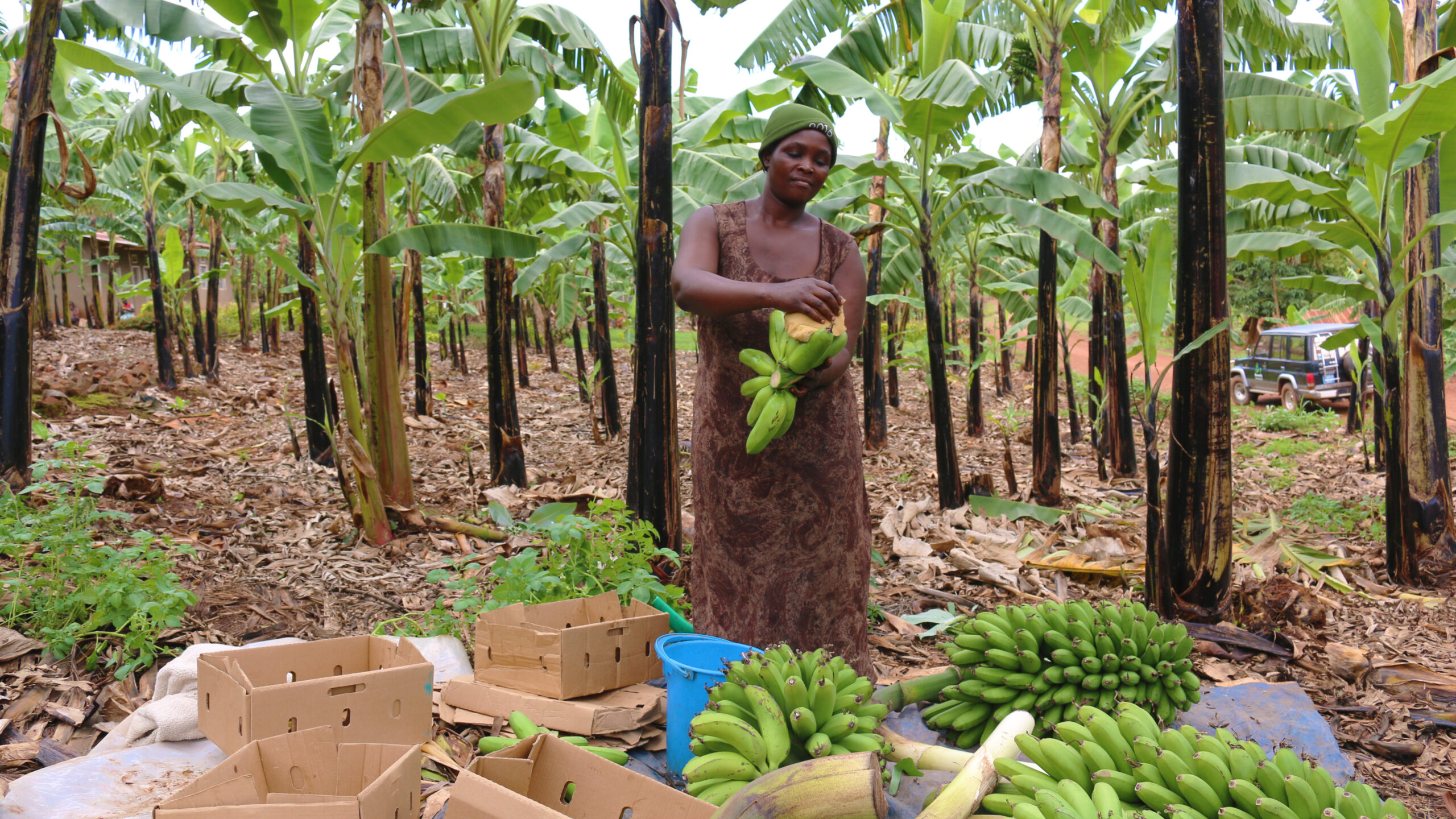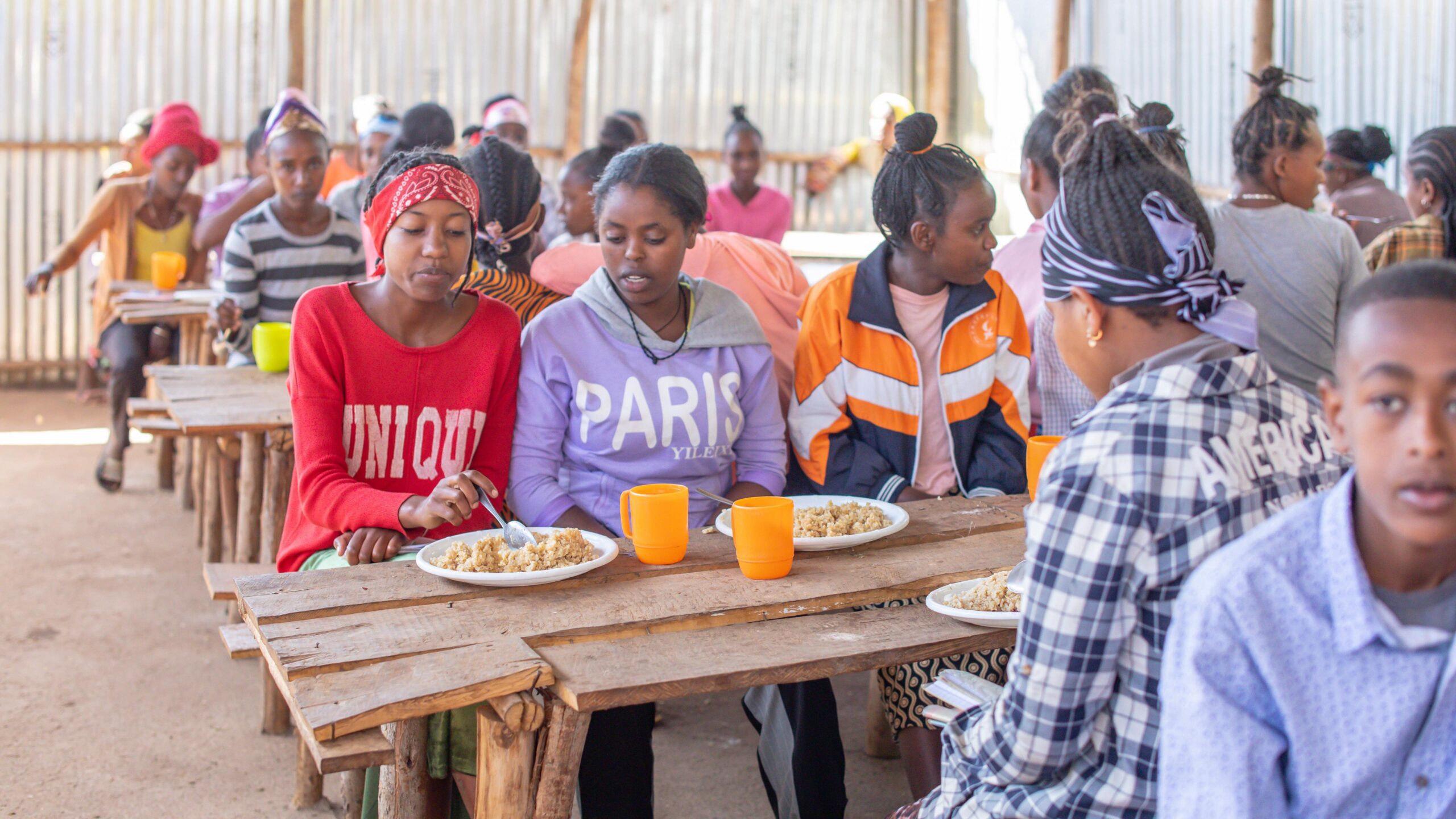With support from Canada, IFPRI conducts innovative research in areas such as improving nutrition, providing access to agricultural data, and developing agricultural strategies at the national level.
Canada has long championed food security, nutrition, and sustainable and productive agriculture. It was one of the first responders to spring into action in the wake of the 2008 food price crisis and, in April 2011, Canada achieved another notable milestone as the first G8 country to meet its L’Aquila Summit commitment, disbursing more than US$1 billion in funding for sustainable agricultural development. In fact, IFPRI owes its creation to Canada’s International Development Research Centre (IDRC) which provided IFPRI’s first grant in 1975 for $2 million.
As a theme of its Aid Effectiveness Agenda, food security plays an important role in Canada’s Department of Foreign Affairs, Trade, and Development (DFATD) priorities. IFPRI and DFATD have developed a successful collaboration, which has led to numerous outcomes in food policy research and national development strategies.
As highlighted in a recent publication, there are several examples that reflect the valuable partnership between IFPRI and Canada, including:
- Through HarvestPlus, a biofortification program led by the CGIAR Research Program on Agriculture for Nutrition and Health (A4NH), seven promising varieties of nutrient-rich staple crops have been produced in target areas of Africa and Asia, with nutritional testing underway. HarvestPlus introduced biofortified crops to 632,000 farming households as of 2013, and developed a prioritization index to identify the “highest opportunity” countries for scaling up biofortification.
- The Regional Network on AIDS, Livelihoods, and Food Security (RENEWAL) led the charge to incorporate food and nutrition security into HIV and AIDS strategic plans, policies, and programs in Kenya, Malawi, South Africa, Uganda, and Zambia.
- IFPRI’s Ethiopia Strategy Support Program has strengthened in-country capacity by training more than 1,200 national researchers in computer economic modeling and mapping. These tools have been applied to address current opportunities and constraints, from supporting CAADP goals to developing climate change scenarios for Ethiopia.
For nearly 40 years, with support from the Canadian government, IFPRI has provided solid research for evidence-based policy options to partners in donor and recipient countries. We look forward to seeing what the next 40 will bring.







